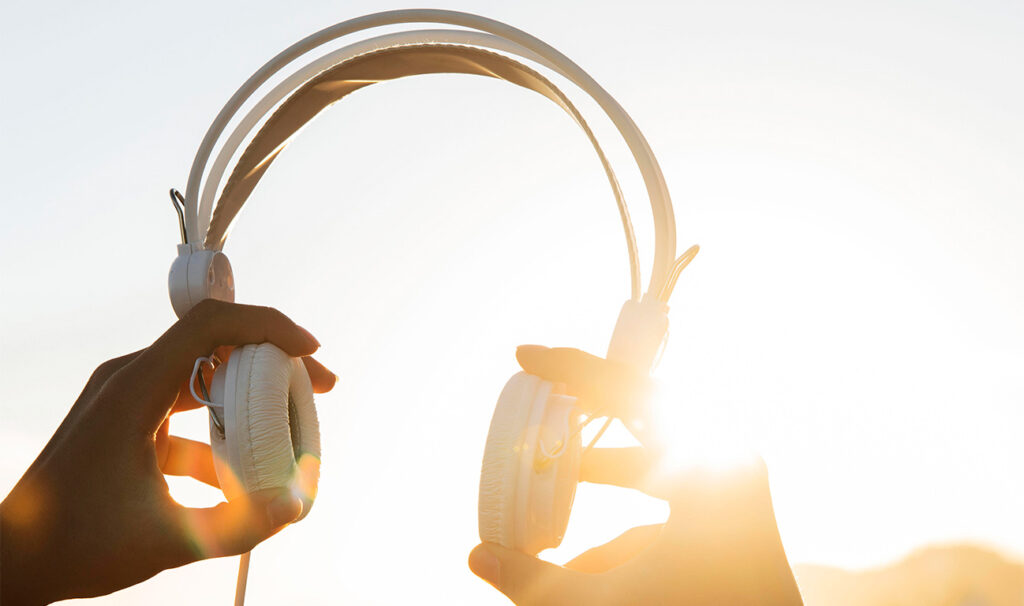Research has shown that listening to music daily improves language recovery in patients who have experienced a stroke. However, the neural mechanisms underlying the phenomenon have so far remained unknown.
A study conducted at the University of Helsinki and the Turku University Hospital Neurocenter compared the effect of listening to vocal music, instrumental music and audiobooks on the structural and functional recovery of the language network of patients who had suffered an acute stroke. In addition, the study investigated the links between such changes and language recovery during a three-month follow-up period. The study was published in the eNeuro journal and had the participation of Dr. Antoni Rodríguez-Fornells, research group leader at IDIBELL and member of the Psychology School and Neuroscience Institute of Barcelona University.
Based on the findings, listening to vocal music improved the recovery of the structural connectivity of the language network in the left frontal lobe compared to listening to audiobooks. These structural changes correlated with the recovery of language skills.
“For the first time, we were able to demonstrate that the positive effects of vocal music are related to the structural and functional plasticity of the language network. This expands our understanding of the mechanisms of action of music-based neurological rehabilitation methods,” says Dr. Aleksi Sihvonen, first author of the study.
Listening to music supports other rehabilitation
Aphasia, a language impairment resulting from a stroke, causes considerable suffering to patients and their families. Current therapies help in the rehabilitation of language impairments, but the results vary and the necessary rehabilitation is often not available to a sufficient degree and early enough.
“Listening to vocal music can be considered a measure that enhances conventional forms of rehabilitation in healthcare. Such activity can be easily, safely and efficiently arranged even in the early stages of rehabilitation,” researchers say.
After a disturbance of the cerebral circulation, the brain needs stimulation to recover as well as possible. This is the goal of conventional rehabilitation methods as well.
“Unfortunately, a lot of the time spent in hospital is not stimulating. At these times, listening to music could serve as an additional and sensible rehabilitation measure that can have a positive effect on recovery, improving the prognosis,” Sihvonen adds.
Text adapted from Helsinki University
The Bellvitge Biomedical Research Institute (IDIBELL) is a biomedical research center created in 2004. It is participated by the Bellvitge University Hospital and the Viladecans Hospital of the Catalan Institute of Health, the Catalan Institute of Oncology, the University of Barcelona and the City Council of L’Hospitalet de Llobregat.
IDIBELL is a member of the Campus of International Excellence of the University of Barcelona HUBc and is part of the CERCA institution of the Generalitat de Catalunya. In 2009 it became one of the first five Spanish research centers accredited as a health research institute by the Carlos III Health Institute. In addition, it is part of the “HR Excellence in Research” program of the European Union and is a member of EATRIS and REGIC. Since 2018, IDIBELL has been an Accredited Center of the AECC Scientific Foundation (FCAECC).

